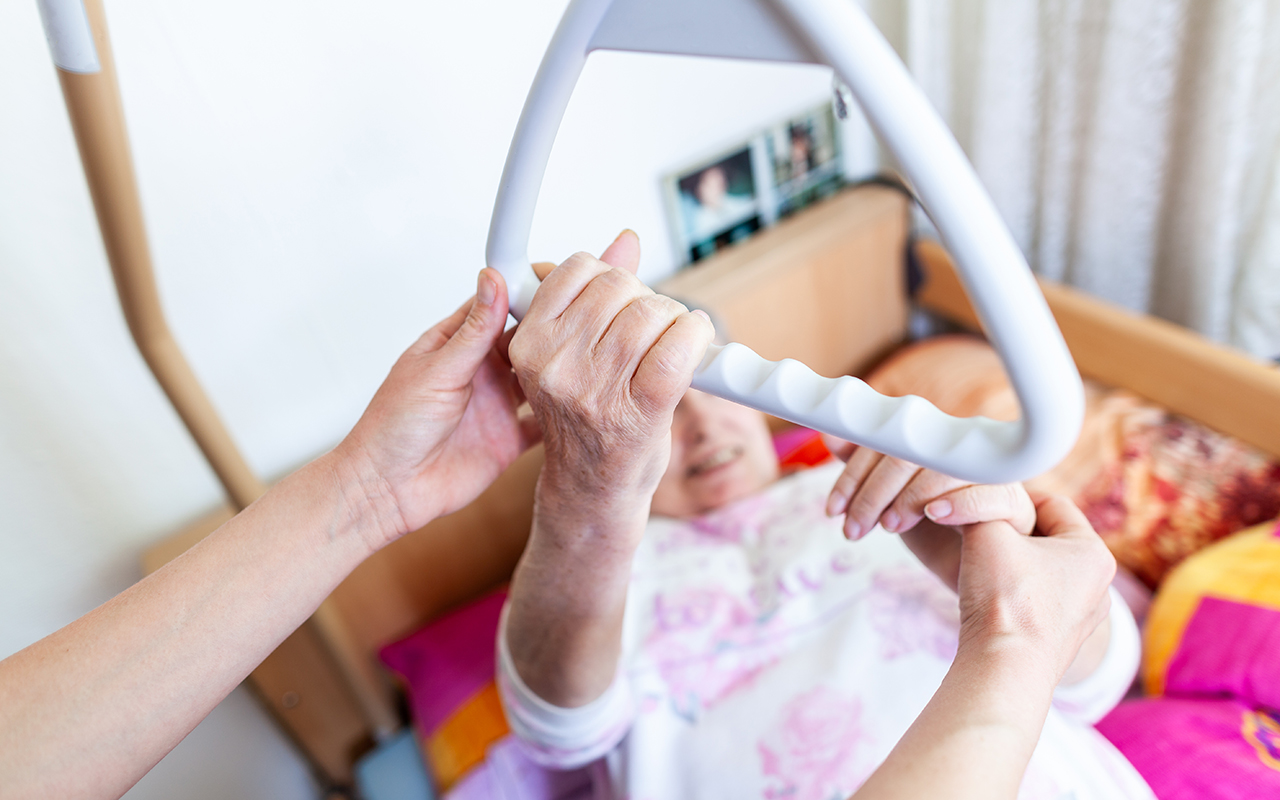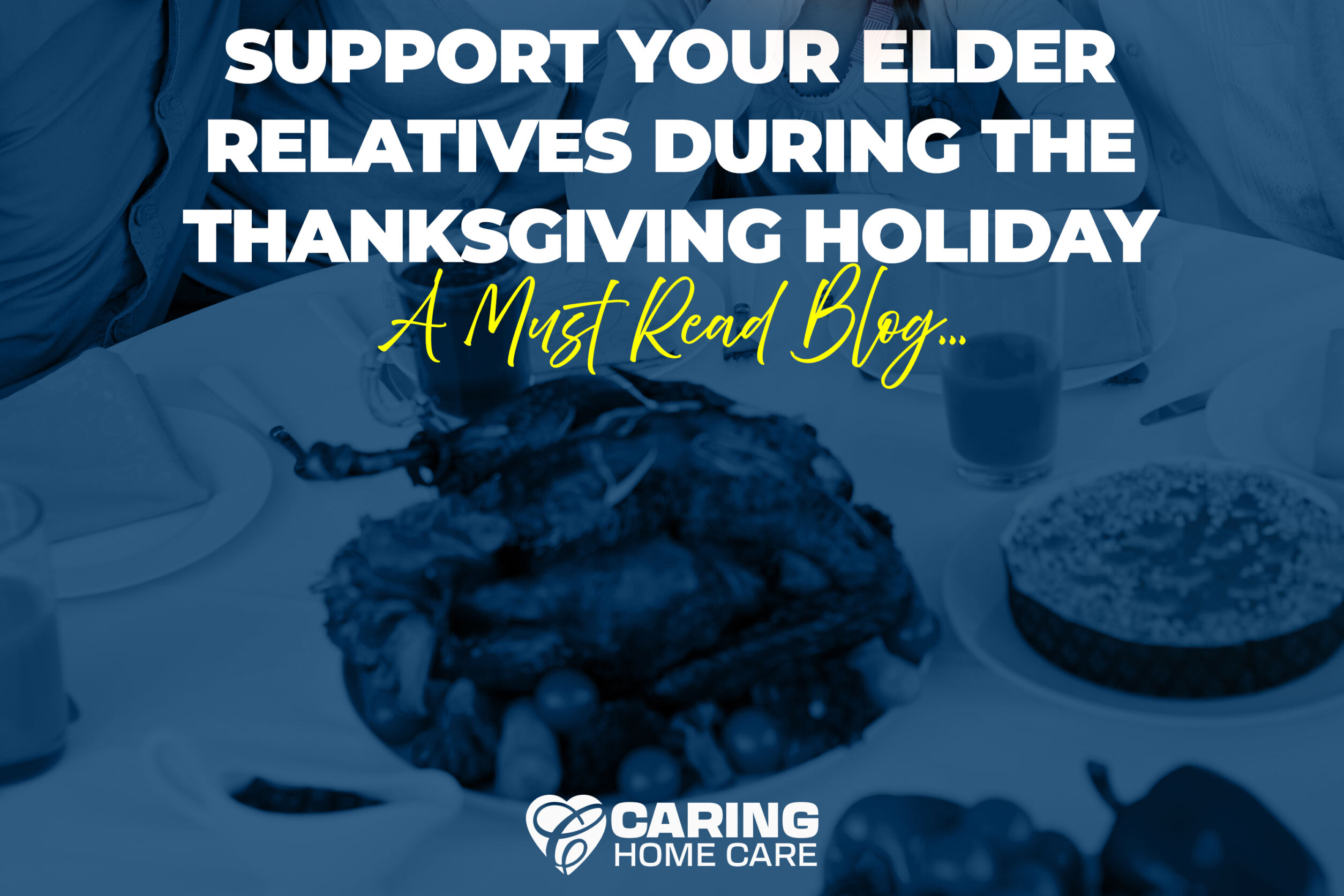Share
Being responsible for the care and wellbeing of a loved one is both rewarding and challenging.
Pent-up stress, emotional fatigue, and physical exhaustion (if left unchecked) can take a heavy toll on a caregiver’s health, mental state, and personal relationships. If left unresolved, caregiver stress may eventually lead to burnout which is a state of complete emotional, mental, and physical exhaustion.
Our team has rounded out a few tips for avoiding burnout as a family caregiver.
Learn to Identify the Early Signs and Symptoms
Learning to recognize the early signs of caregiver stress is crucial to preventing eventual burnout. Early detection allows you to take immediate action to avert the progression of the situation from bad to worse.
Some early signs you should be on the lookout for include:
- A severe lack of energy, morale, and overwhelming fatigue.
- Difficulties sleeping.
- Severe changes in appetite, visible weight loss, or gain in a short period.
- Loss of interest in activities previously enjoyed.
- A sense of neglect on the caregiver’s physical and emotional needs
- When caregiving becomes the only controlling aspect of a caregiver’s life.
- When the caregiver becomes unusually impatient, easily irritable, or argumentative with the senior citizen they’re caring for as well as family and friends around them.
- Mood swings or depression.
If you pick up on any of the symptoms, work on improving the situation for both yourself as the caregiver and your family member that you are caring for.
Review and Balance Your Priorities and Schedule
Assisting your loved ones can accumulate a lot of time as you are helping them with their daily list of activities while also providing for yourself. During moments of downtime make sure you do not only accomplish personal goals but are taking the time to rest when possible.
Option for rest include:
- When possible take a walk around the neighborhood
- Exercise a few minutes out of the day
- Try an activity that is outside of caregiving such as reading, painting, or even sculpting.
- Ask for Help When You feel Overwhelmed.
As a caregiver, it is normal to feel overwhelmed. We are only human. Proceeding to power through the responsibility of providing care without asking for help only compounds the problem and increases the likelihood of caregiver burnout.
Need extra support helping your loved one around the house? A caregiver can be there to give you a helping hand. Caring Home Care can help you match with a professional and certified caregiver based on specific needs.
How Caregivers Can Reduce Injury While Assisting Seniors Providing daily care for seniors is meaningful work. It can also be physically demanding. Many caregiver injuries happen during lifting, transferring, or repositioning seniors. These injuries are often preventable when proper techniques are used. Learning caregiver injury prevention strategies protects both the caregiver and the senior. It
Why Professional Home Care Is Safer Than Family Only Care Caring for an aging loved one is deeply personal. Many families step in with the best intentions. However, as care needs increase, family only caregiving can become overwhelming and risky. This is where professional home care plays a critical role. Professional caregivers are trained, experienced,
Connecting During the Thanksgiving Holiday: How to Support Your Elder Relatives The Thanksgiving holiday is a time filled with warmth, gratitude, and meaningful family traditions. However, for many older adults, it can also be a period of loneliness or emotional distance. This is especially true for seniors who live alone, have limited mobility, or are
Transition to In-Home Care: Helping Seniors Adjust Comfortably to Elderly Care Services Understanding the In-Home Care Transition The decision to begin in-home care is a big step for both seniors and their families. It often marks the start of a new chapter—one focused on safety, comfort, and support. However, the in-home care transition can bring
Need A Caregiver? Fill Out Form Below
With our competitive rates, we make receiving in-home care affordable regardless of whether you’re using your insurance or paying out of pocket.







